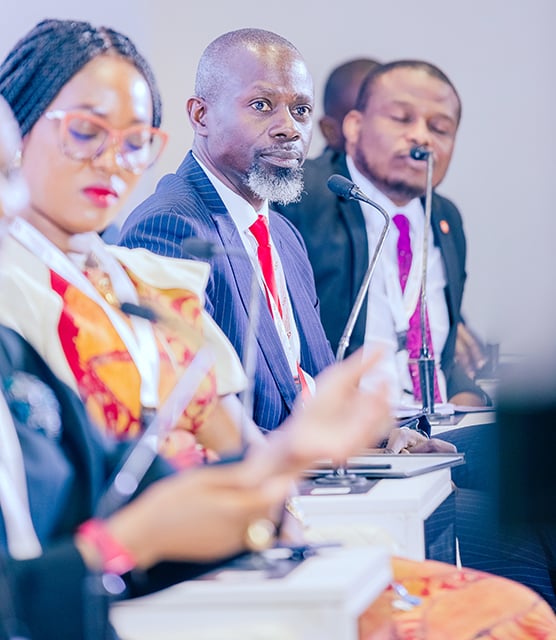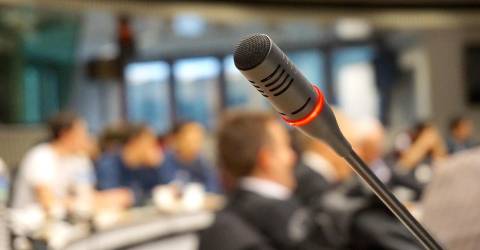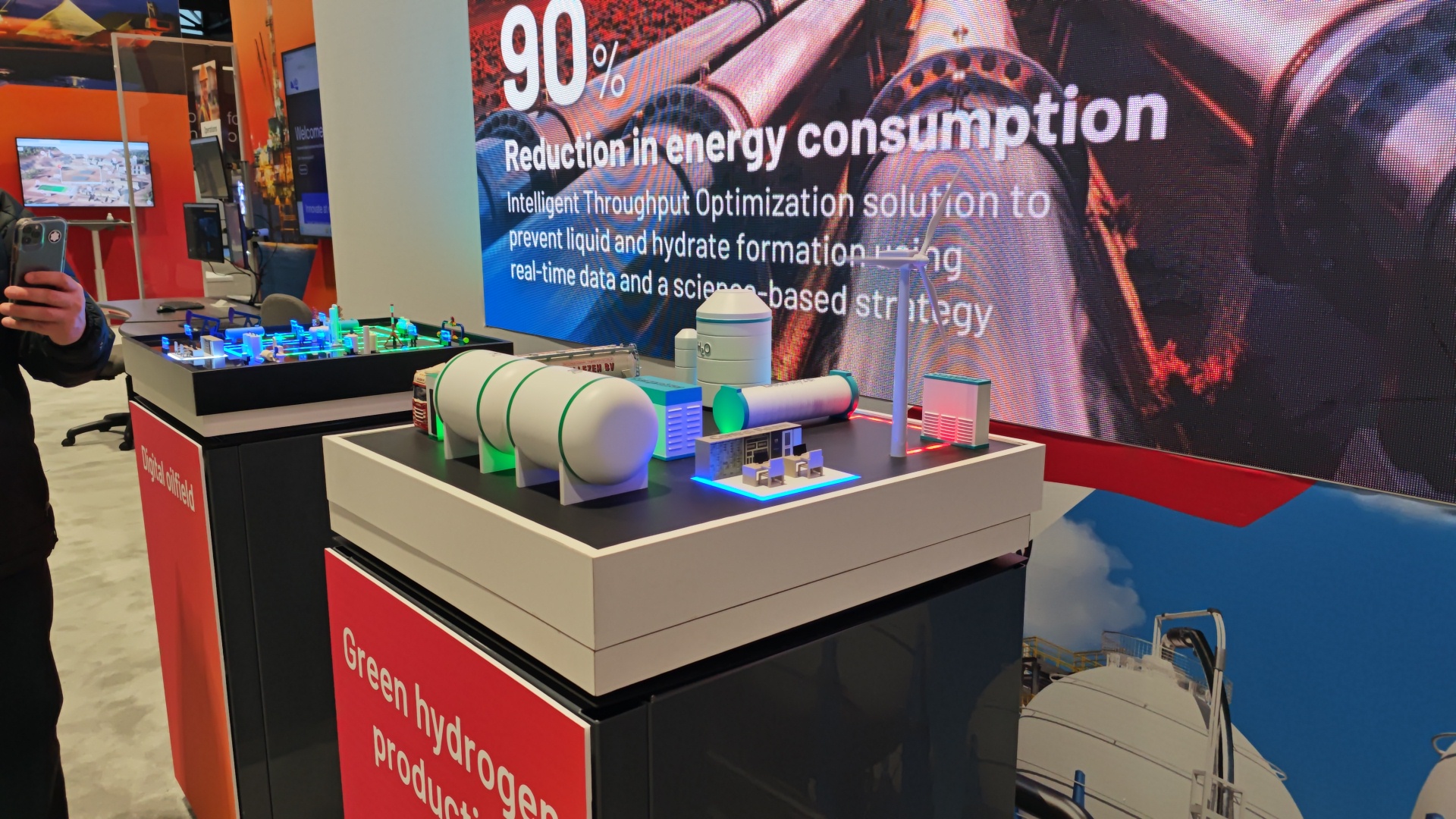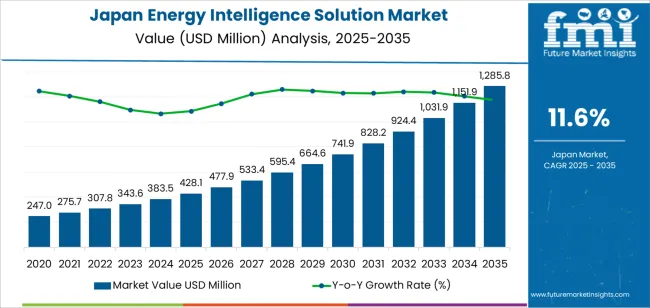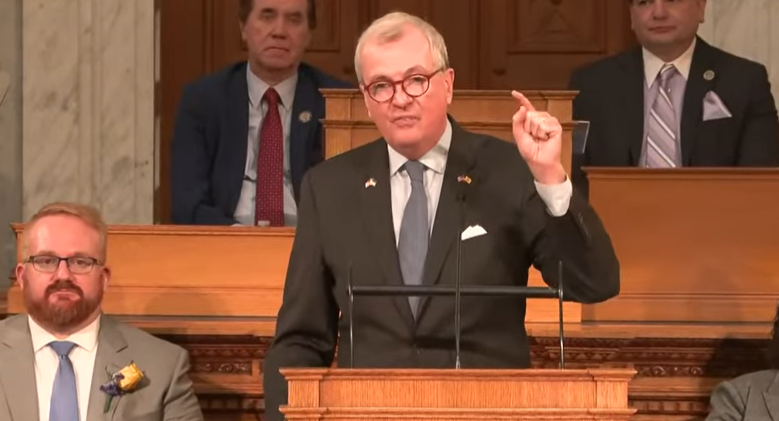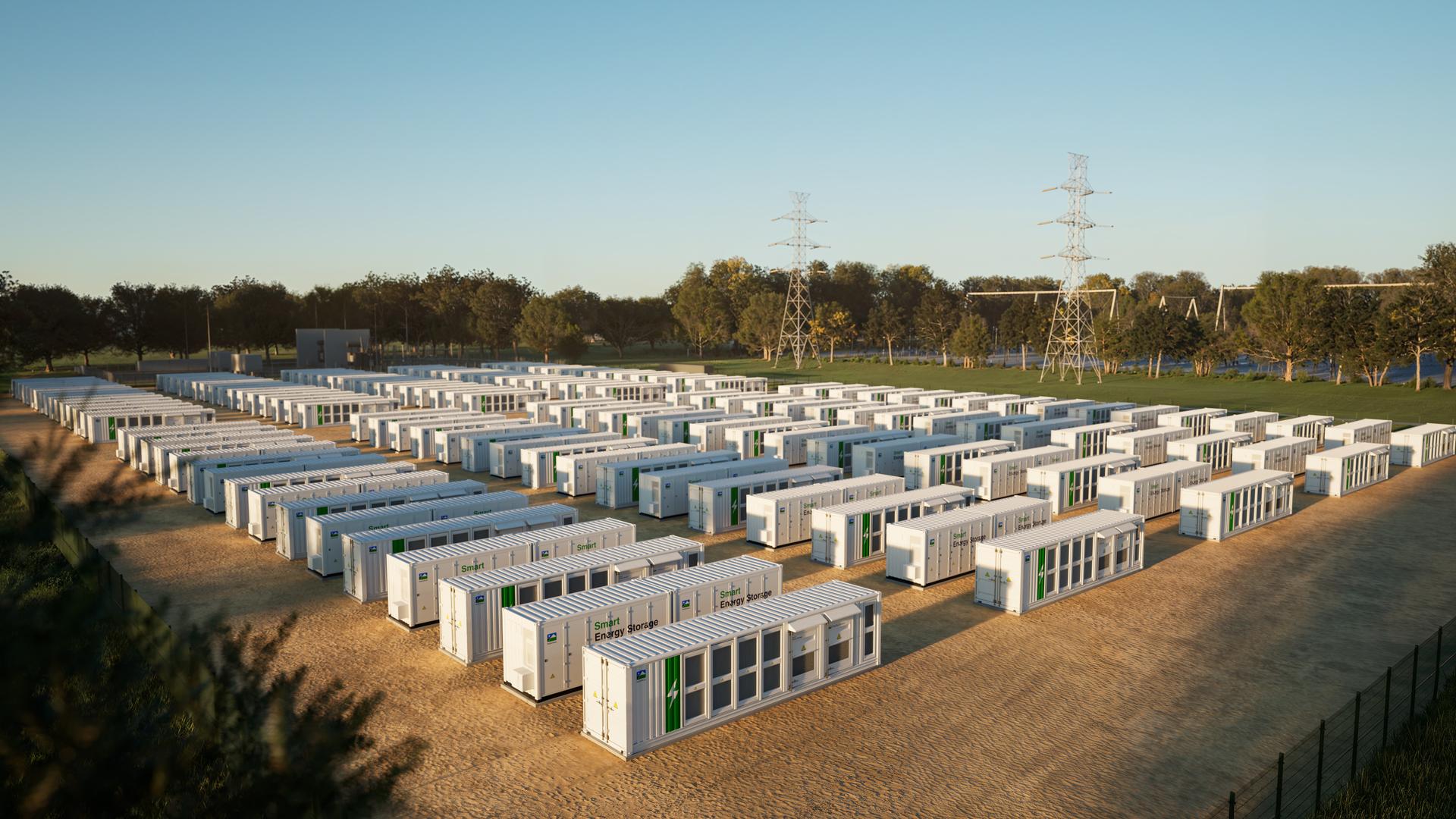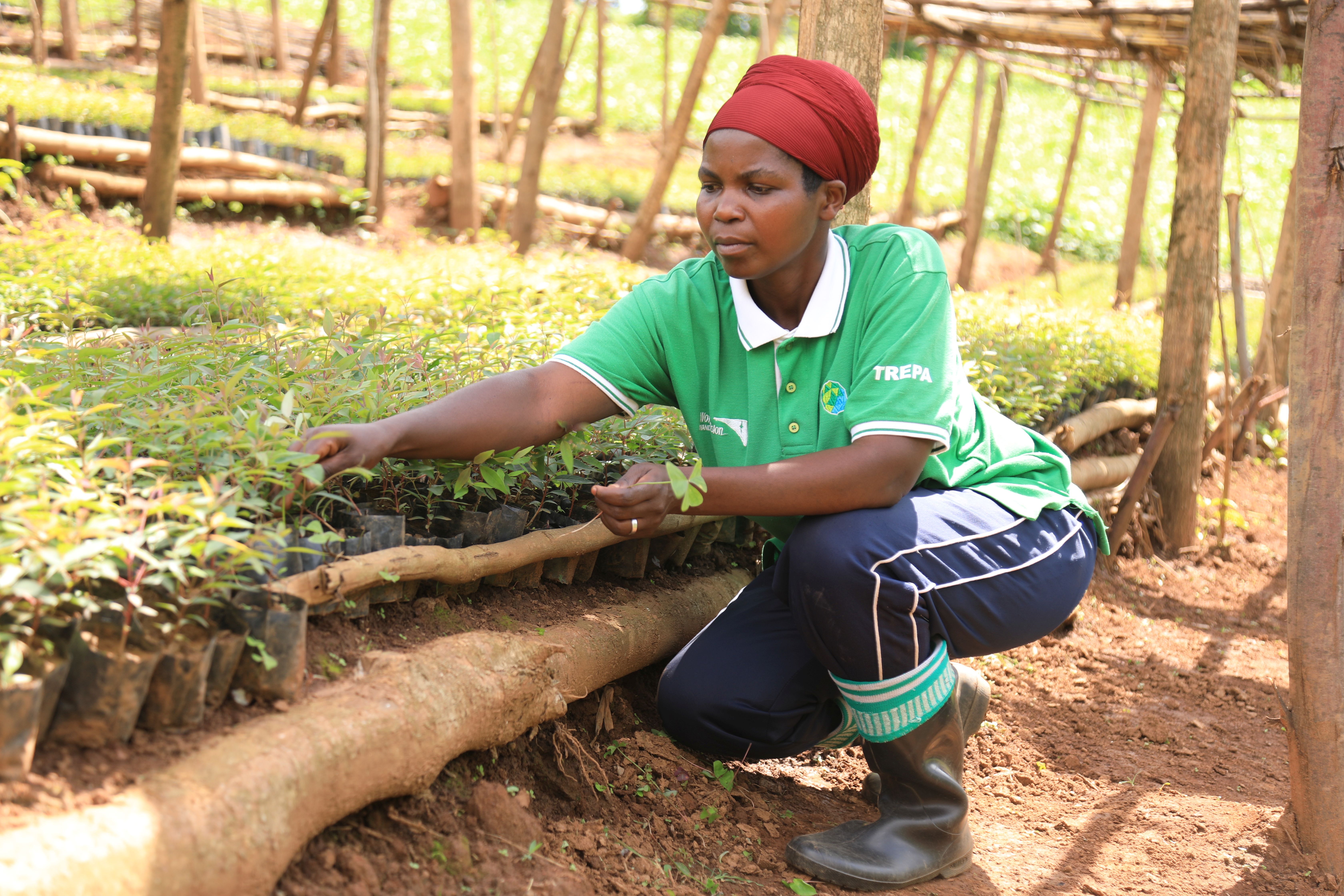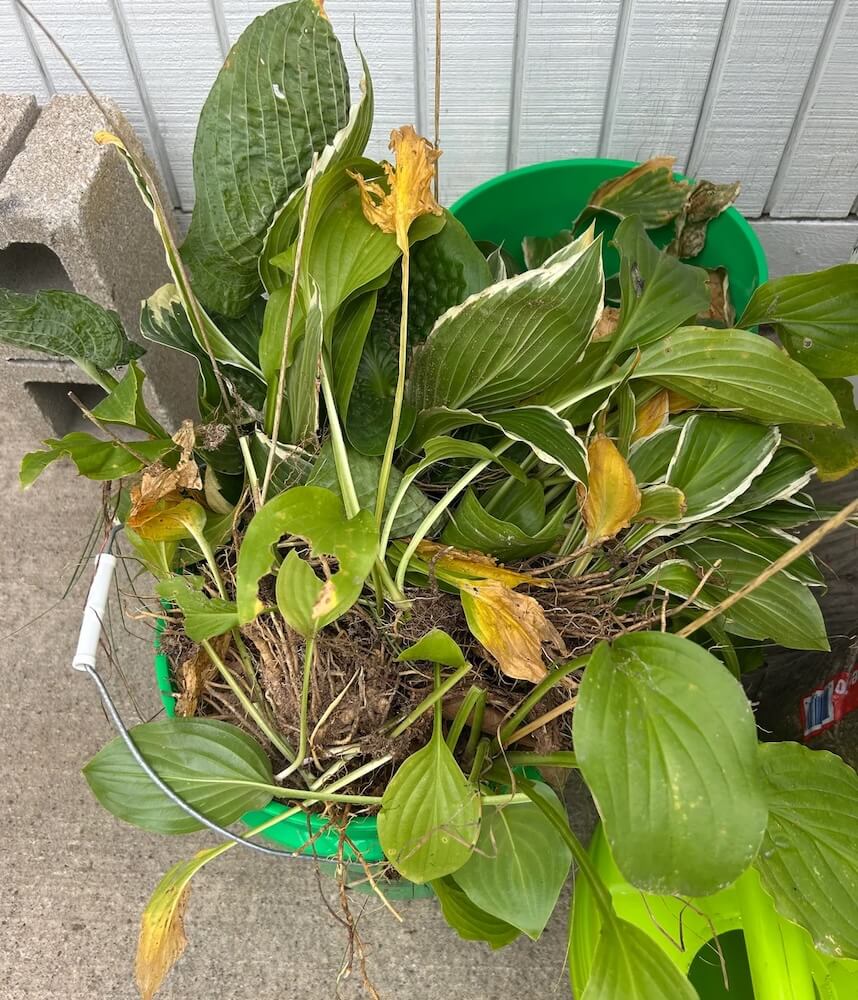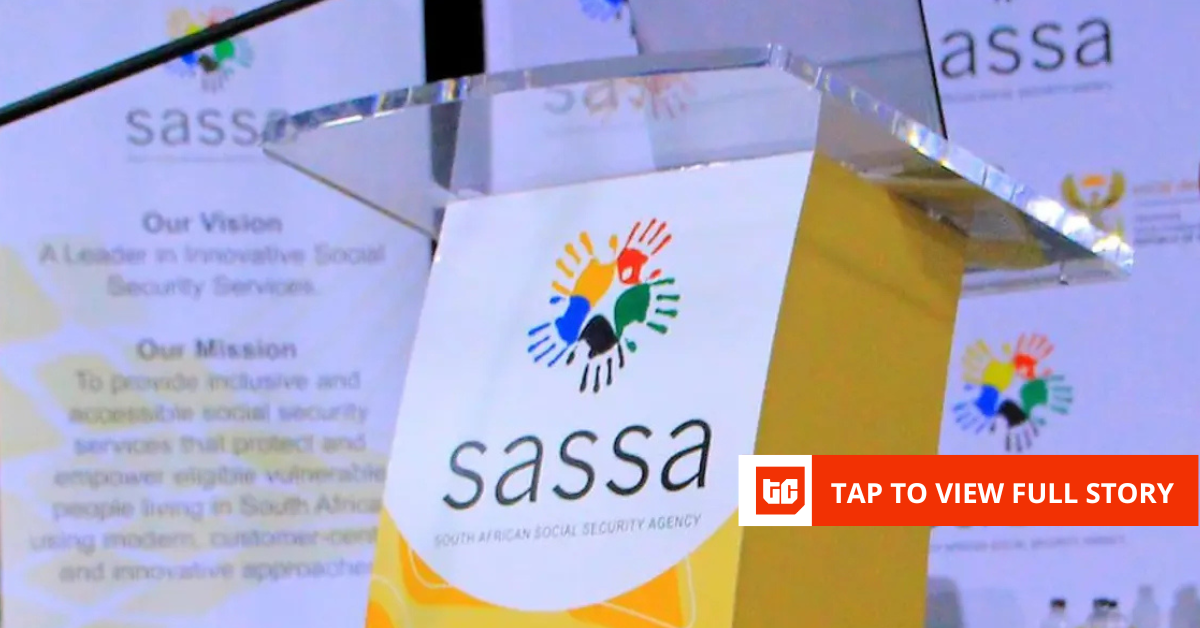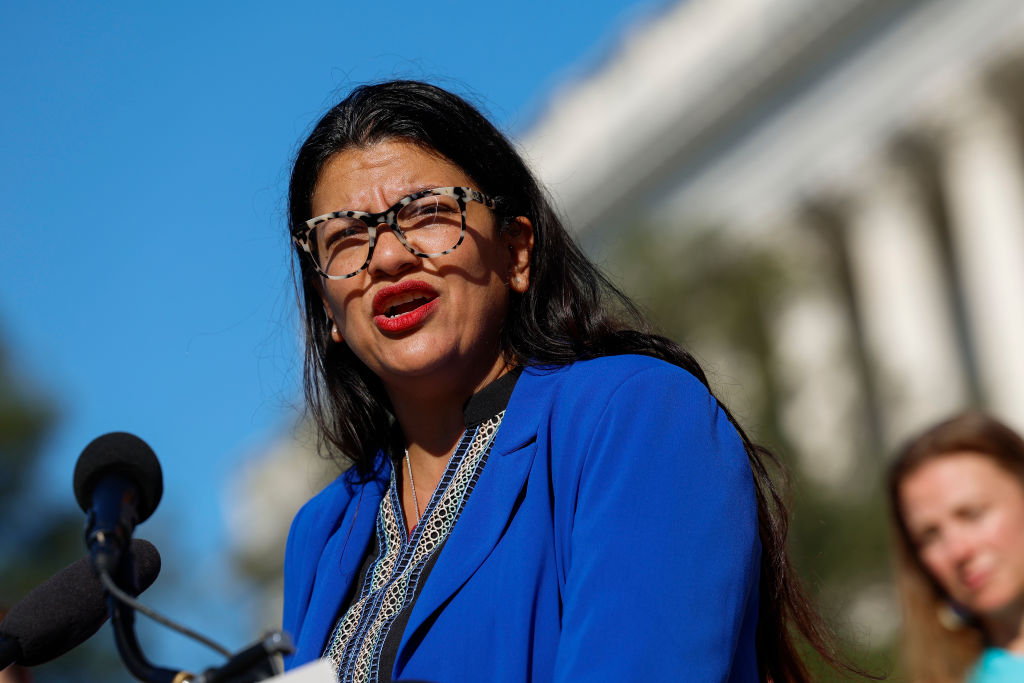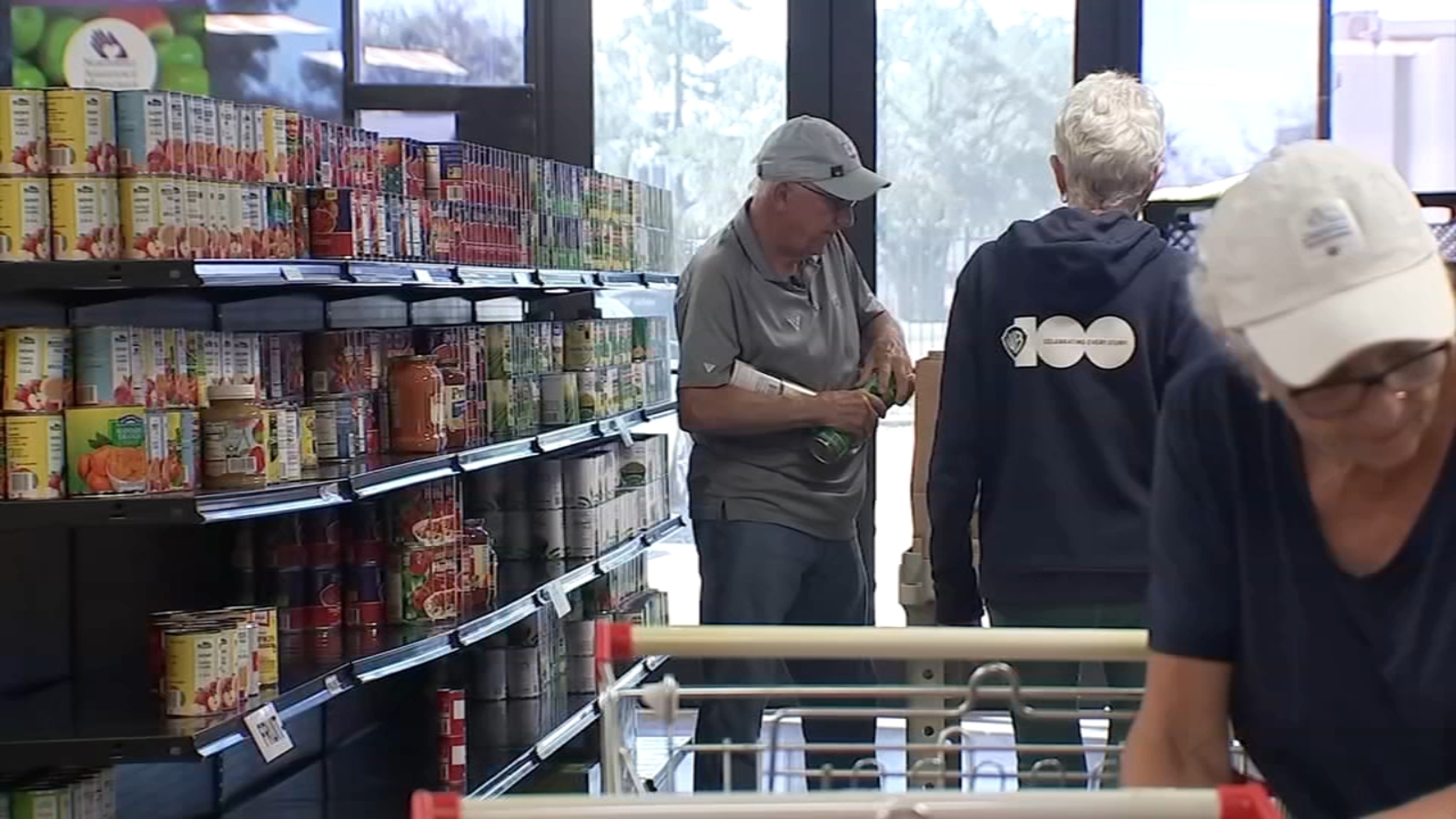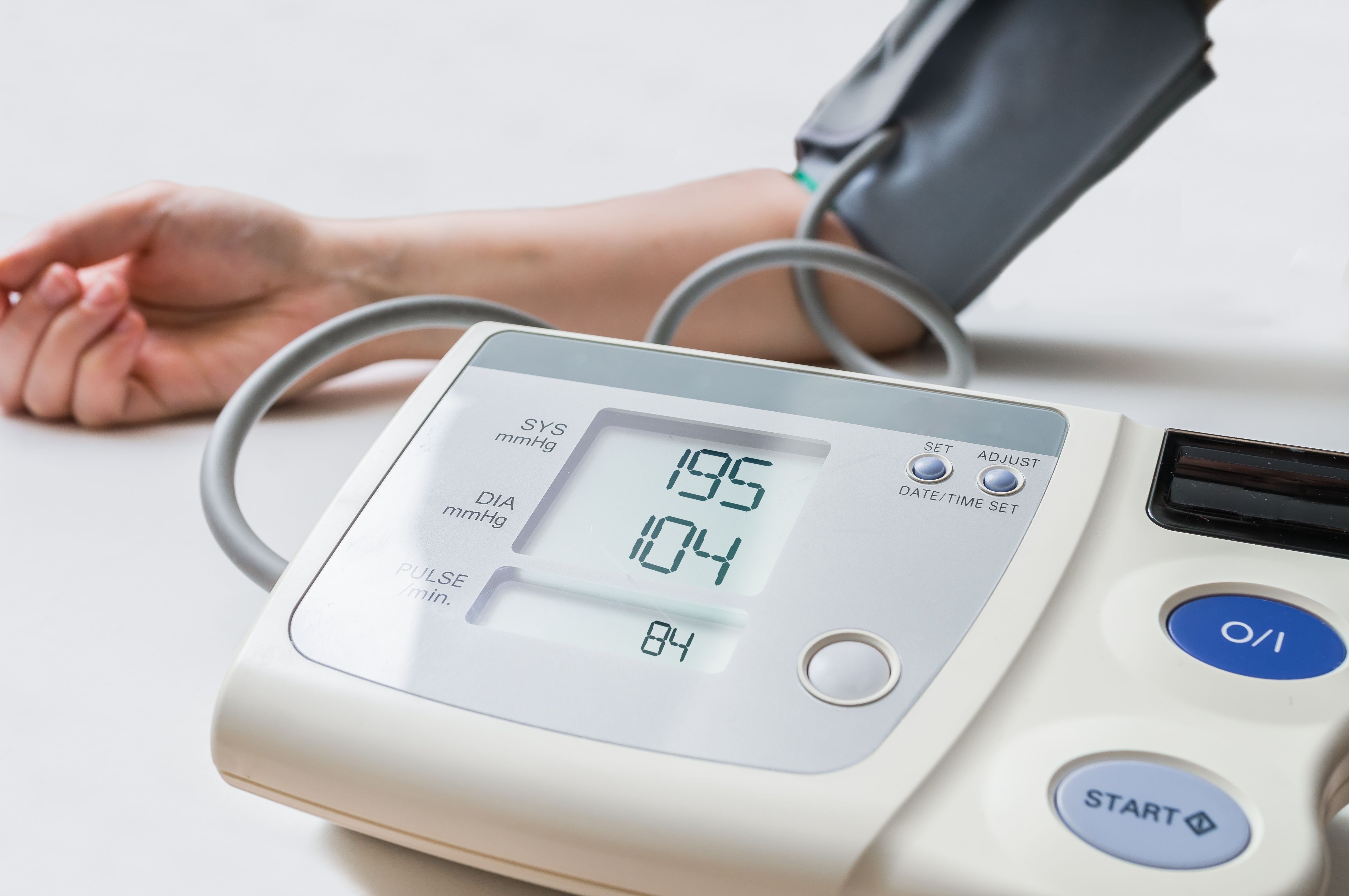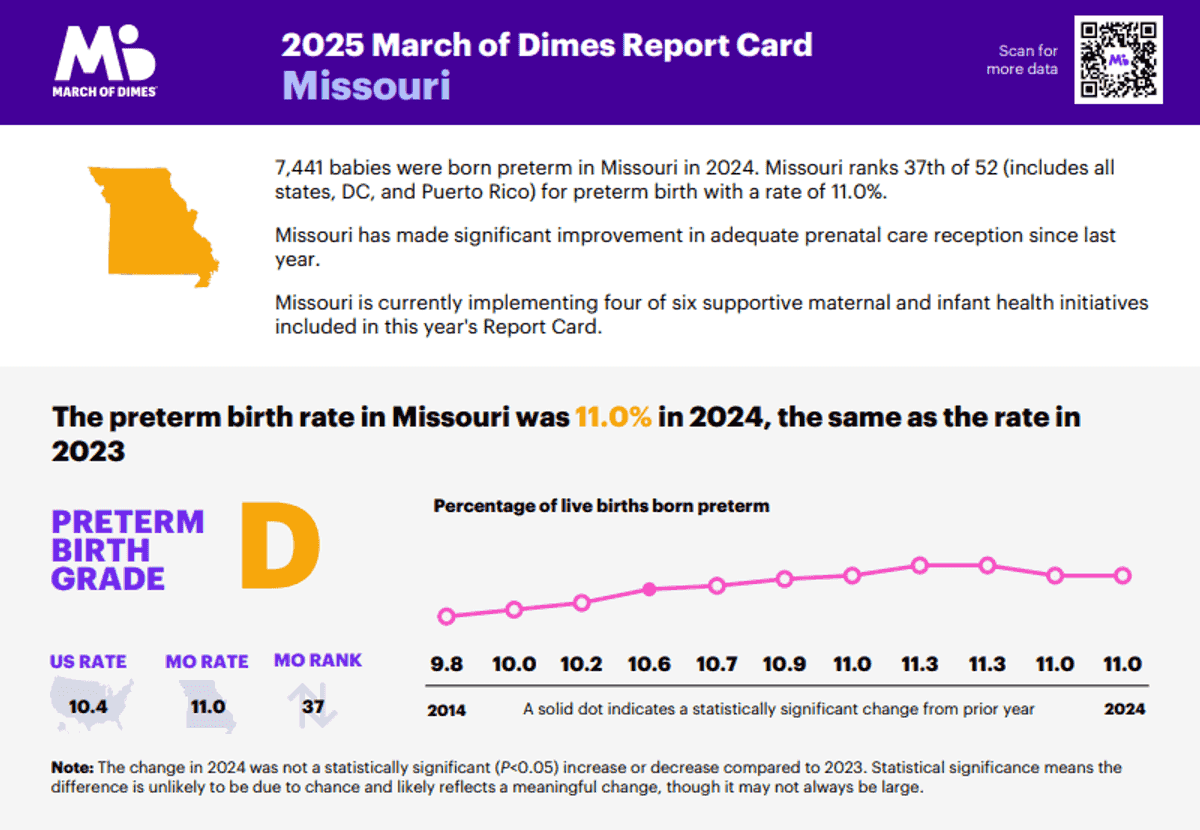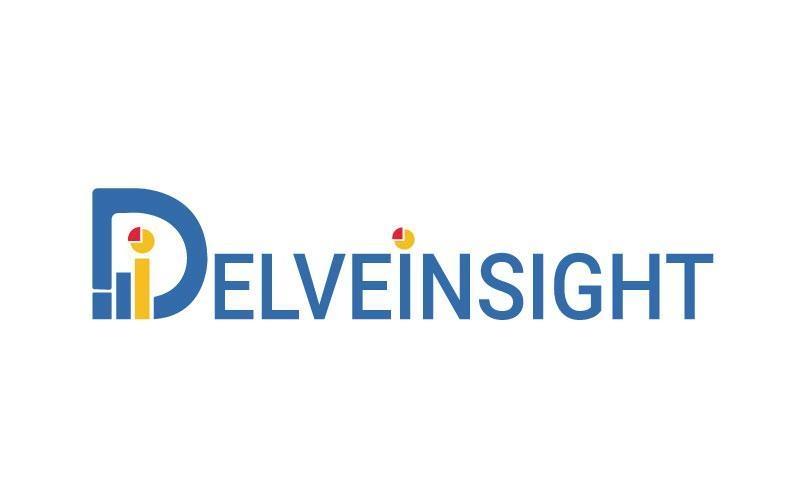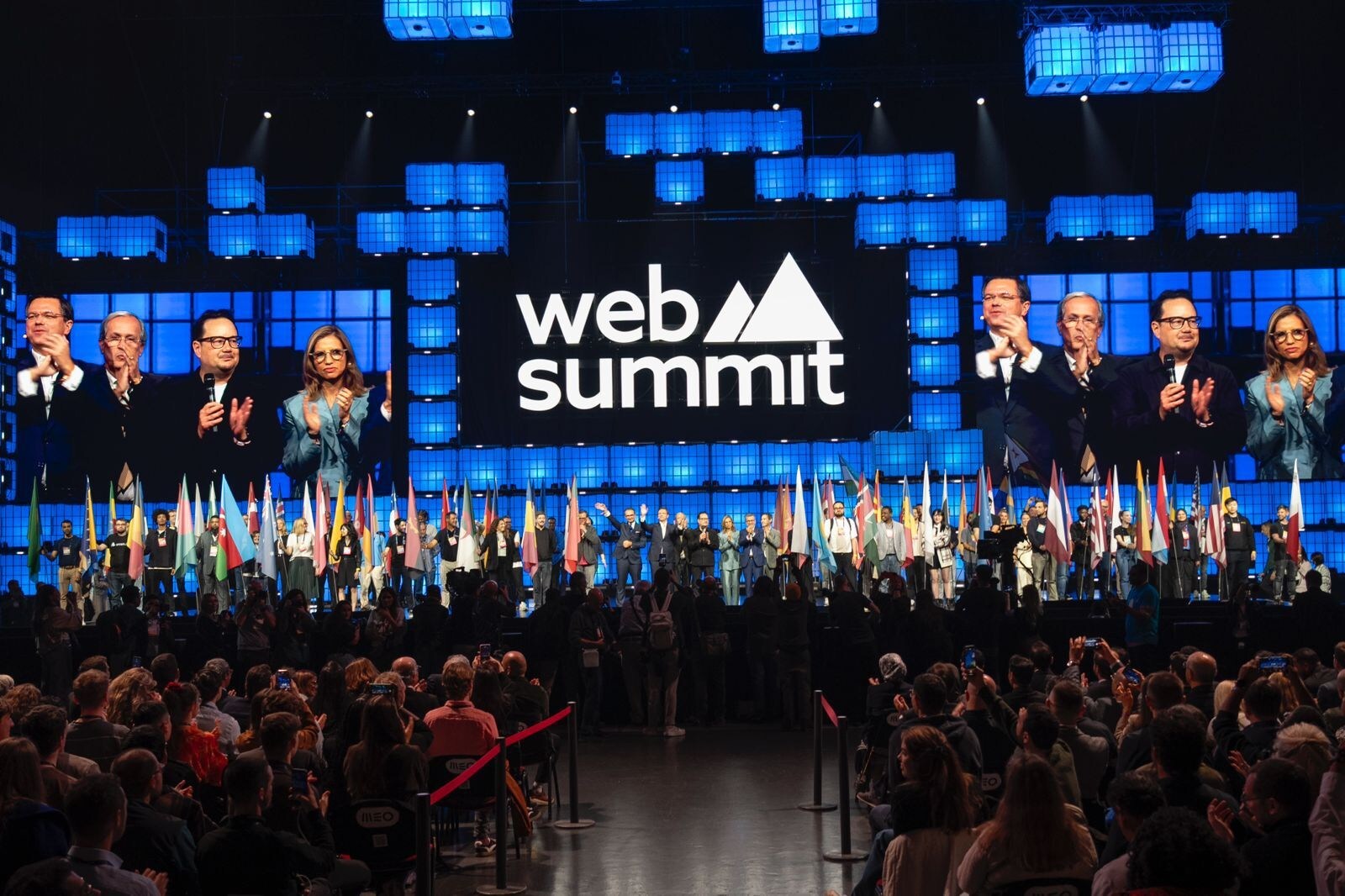Bilingual OSU Extension workshop to teach smart irrigation and water conservation techniques – News 9

Report on Community Workshop for Sustainable Water Management
Executive Summary
An interactive workshop has been scheduled to provide community members, including homeowners, gardeners, and land managers, with practical strategies for sustainable water management. The session focuses on smart irrigation practices designed to conserve water, enhance landscape health, and mitigate stormwater runoff. This initiative directly supports the achievement of several United Nations Sustainable Development Goals (SDGs) by promoting environmental stewardship and resource efficiency at the local level.
Alignment with Sustainable Development Goals (SDGs)
The workshop’s content and structure are fundamentally aligned with global sustainability targets:
- SDG 6: Clean Water and Sanitation: The primary focus is on increasing water-use efficiency (Target 6.4) and improving water quality by reducing polluted runoff (Target 6.3). It also empowers local community participation in water management (Target 6.b).
- SDG 11: Sustainable Cities and Communities: By educating on runoff reduction, the event contributes to reducing the adverse environmental impact of urban areas (Target 11.6) and building more resilient community landscapes.
- SDG 12: Responsible Consumption and Production: The workshop promotes the sustainable management and efficient use of natural resources, specifically water (Target 12.2), encouraging responsible consumption patterns among residents.
- SDG 15: Life on Land: Techniques for improving soil and plant health contribute directly to the protection and restoration of terrestrial ecosystems.
- SDG 10: Reduced Inequalities: By offering the session in both English and Spanish, the program ensures equitable access to critical environmental education for diverse community groups.
- SDG 17: Partnerships for the Goals: The event exemplifies a strategic partnership between educational and state environmental institutions to advance sustainability objectives.
Workshop Objectives and Learning Outcomes
Participants will be equipped with knowledge and skills to:
- Implement smart irrigation techniques to optimize water usage and achieve significant conservation.
- Apply methods to improve soil structure and plant health, creating more resilient and sustainable landscapes.
- Utilize strategies to reduce stormwater runoff, thereby protecting local water quality and aquatic ecosystems.
Program Facilitators and Institutional Collaboration
This educational initiative is a collaborative effort, demonstrating a partnership for the goals (SDG 17):
- Andrew Fleet: Water Conservation Educator, OSU Extension.
- María Rendón Montero: Environmental and Chemical Lab Scientist, State Environmental Laboratory.
Logistical and Accessibility Information
- Date and Time: August 15th, from 12:00 p.m. to 1:30 p.m.
- Location: 2500 NE 63rd Street, Oklahoma City.
- Accessibility: The workshop is open to the public and will be conducted in both English and Spanish to ensure inclusive participation.
- Registration: Pre-registration is mandatory to facilitate resource planning, as a box lunch will be provided. Interested parties may register by calling (405) 713-1125.
SDGs Addressed in the Article
- SDG 6: Clean Water and Sanitation: The article’s primary focus is on water conservation, efficient water use through smart irrigation, and protecting water quality by reducing runoff.
- SDG 11: Sustainable Cities and Communities: The workshop targets urban and suburban residents (“homeowners, gardeners”) in Oklahoma City, addressing urban environmental issues like stormwater management and landscape health.
- SDG 12: Responsible Consumption and Production: The promotion of water conservation and efficient irrigation practices directly relates to the sustainable management and efficient use of natural resources, specifically water.
- SDG 15: Life on Land: The article mentions techniques to “enhance landscape health” and “improve soil and plant health,” which are crucial for maintaining terrestrial ecosystems.
- SDG 4: Quality Education: The event is a workshop designed to provide education and practical skills (“learn how to…”) on sustainable practices to the public.
Specific SDG Targets Identified
-
SDG 6: Clean Water and Sanitation
- Target 6.3: Improve water quality by reducing pollution. This is directly addressed by the workshop’s goal to teach methods to “reduce runoff and protect water quality.”
- Target 6.4: Substantially increase water-use efficiency across all sectors. The core theme of the workshop is to “conserve water” and “optimize irrigation for water savings,” which directly contributes to this target at the residential level.
- Target 6.b: Support and strengthen the participation of local communities in improving water and sanitation management. The workshop is an example of this, as it is “open to the public” and engages “homeowners, gardeners, and land managers” in water management practices.
-
SDG 11: Sustainable Cities and Communities
- Target 11.6: Reduce the adverse per capita environmental impact of cities. Managing stormwater runoff, a key topic of the workshop, is a critical component of reducing a city’s environmental footprint.
-
SDG 12: Responsible Consumption and Production
- Target 12.2: Achieve the sustainable management and efficient use of natural resources. The workshop promotes the efficient use of water through “smart irrigation practices.”
-
SDG 15: Life on Land
- Target 15.3: Combat desertification, restore degraded land and soil. The workshop’s aim to teach techniques to “improve soil and plant health” contributes to restoring land at a local scale.
-
SDG 4: Quality Education
- Target 4.7: Ensure that all learners acquire the knowledge and skills needed to promote sustainable development. The workshop provides “practical strategies” and education on sustainable water and land management, directly aligning with education for sustainable development. The provision in both English and Spanish enhances accessibility.
Implied Indicators for Measuring Progress
-
SDG 6: Clean Water and Sanitation
- For Target 6.3: The article implies a desire to improve local water quality. Progress could be measured by a reduction in pollutants in local water bodies, which would be an outcome of the “reduce runoff” practices taught.
- For Target 6.4: The article implies measuring changes in water consumption. A practical indicator would be the “change in water-use efficiency” or “reduction in residential water consumption” for those who adopt the “smart irrigation practices.”
- For Target 6.b: The article implies measuring community engagement. The “number of participants” in the workshop serves as a direct indicator of local community participation in water management education.
-
SDG 11: Sustainable Cities and Communities
- For Target 11.6: The article implies a need to measure urban environmental impact. A relevant indicator would be the “volume of treated stormwater” or “improved ambient water quality” within the city as a result of widespread adoption of runoff reduction techniques.
-
SDG 15: Life on Land
- For Target 15.3: The article implies a focus on soil quality. An indicator could be the “improvement in soil health metrics” (e.g., organic matter content, water retention) on properties where the taught techniques are applied.
-
SDG 4: Quality Education
- For Target 4.7: The article implies measuring the reach of sustainability education. The “number of people educated on sustainable practices,” broken down by language (English and Spanish), serves as an indicator of the extent to which education for sustainable development is being provided to the community.
Summary Table of SDGs, Targets, and Indicators
| SDGs | Targets | Indicators (Mentioned or Implied) |
|---|---|---|
| SDG 6: Clean Water and Sanitation | Target 6.3: Improve water quality. | Implied by the goal to “reduce runoff and protect water quality.” |
| SDG 6: Clean Water and Sanitation | Target 6.4: Increase water-use efficiency. | Implied by the focus on “water savings” and “smart irrigation.” Progress measured by change in water consumption. |
| SDG 6: Clean Water and Sanitation | Target 6.b: Strengthen participation of local communities. | The workshop itself, being “open to the public.” Progress measured by the number of participants. |
| SDG 11: Sustainable Cities and Communities | Target 11.6: Reduce the adverse environmental impact of cities. | Implied by teaching urban residents to “reduce stormwater runoff.” |
| SDG 12: Responsible Consumption and Production | Target 12.2: Sustainable management and efficient use of natural resources. | Implied by teaching how to “conserve water,” a key natural resource. |
| SDG 15: Life on Land | Target 15.3: Restore degraded land and soil. | Implied by teaching techniques to “improve soil and plant health.” |
| SDG 4: Quality Education | Target 4.7: Education for sustainable development. | The workshop provides “practical strategies” for sustainability. Progress measured by the number of attendees and language accessibility. |
Source: news9.com

What is Your Reaction?
 Like
0
Like
0
 Dislike
0
Dislike
0
 Love
0
Love
0
 Funny
0
Funny
0
 Angry
0
Angry
0
 Sad
0
Sad
0
 Wow
0
Wow
0
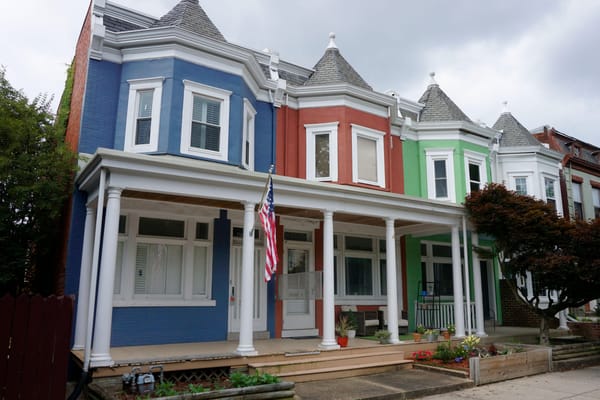




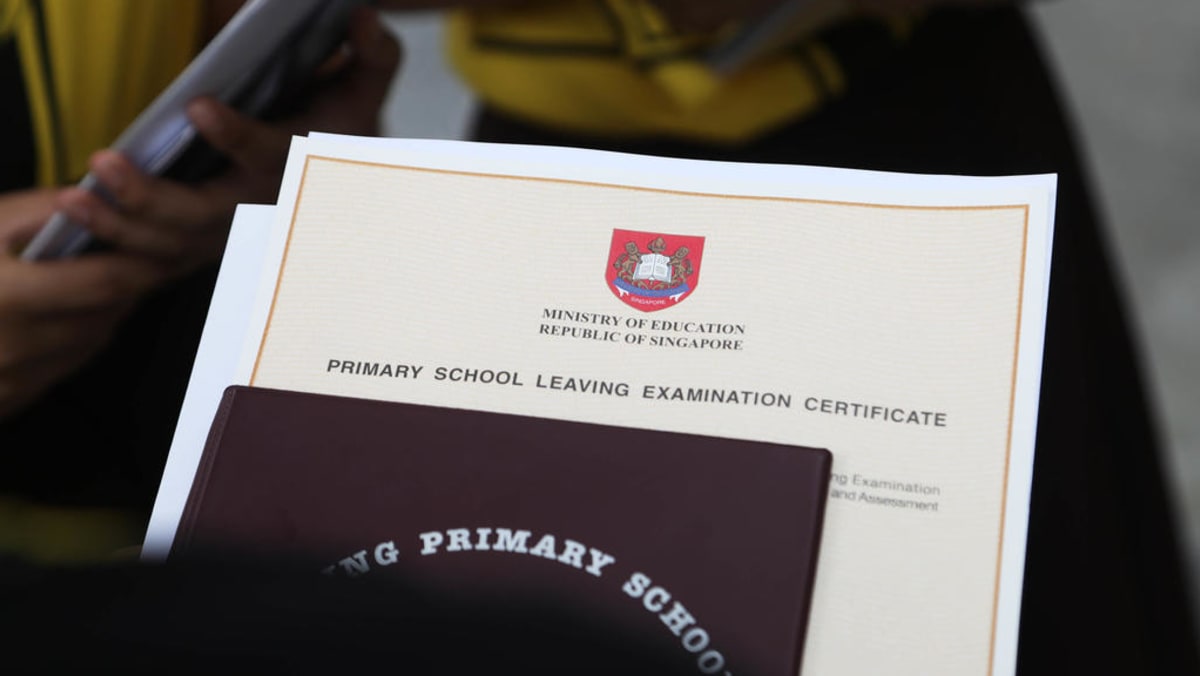




/campaigns/16-days-of-activism-against-gender-based-violence/pr-web-banner.tmb-1200v.jpg?sfvrsn=8cc7b98e_1#)

